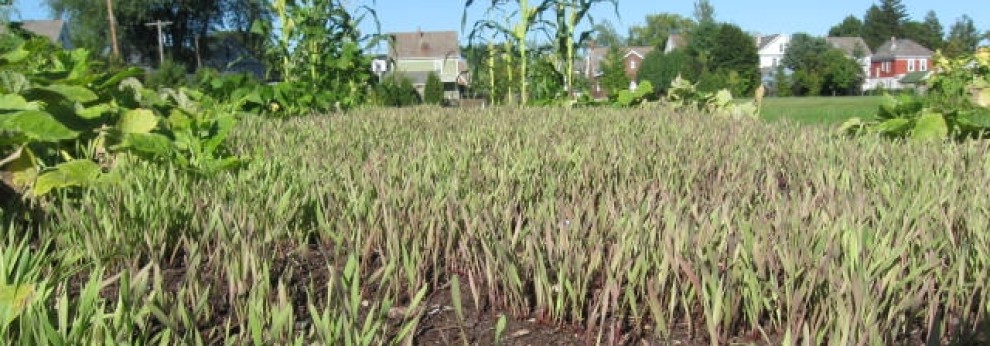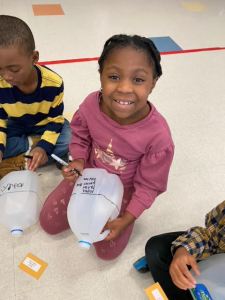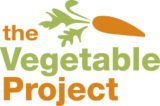 Myers Middle School students scooped seeds from freshly plucked tomatoes last fall as we began another year of our afterschool Garden Club at the school. We followed instructions to ferment the seeds, dry them and then store them. Then, months later, a certain Vegetable Project volunteer dropped a handful of those seeds in a small container of potting mix and sat tight for nine days. Then, voila! Twenty or so tiny tomato plants pictured here.
Myers Middle School students scooped seeds from freshly plucked tomatoes last fall as we began another year of our afterschool Garden Club at the school. We followed instructions to ferment the seeds, dry them and then store them. Then, months later, a certain Vegetable Project volunteer dropped a handful of those seeds in a small container of potting mix and sat tight for nine days. Then, voila! Twenty or so tiny tomato plants pictured here.
It is so easy to germinate tomato seeds that this is almost cheating. But we have here the faint Continue reading











